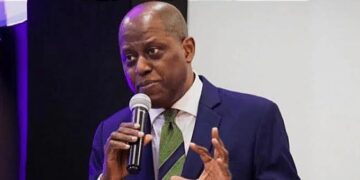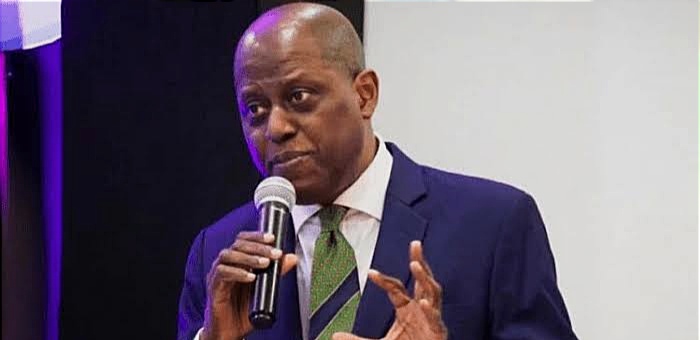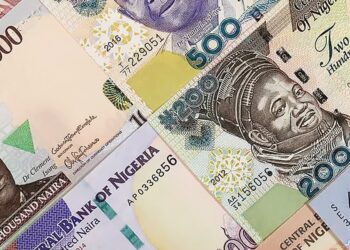By John Ikani
Governor of the Central Bank of Nigeria (CBN), Yemi Cardoso intends to implement immediate measures to bolster the fragile trust of foreign investors in the Nigerian economy.
The goal is to halt the steep decline of the naira against the dollar.
The plan hinges on two key strategies. Firstly, addressing a significant backlog of unsettled dollar obligations is seen as a way to alleviate the prolonged pressure on the naira and restore the functionality of the foreign exchange, which has recently been strained by speculative dollar demand.
The second measure involves enforcing compliance with regulations aimed at making the foreign exchange market more open and transparent to investors, a commitment expressed by the former Citibank Nigeria chair.
“We are aware that there are unsettled obligations by the central bank. Whether it is 4 billion dollars, 5 billion, 7 billion, I don’t know,” the CBN governor responded to senators’ questions during his screening in Abuja.
“But definitely, the immediate priority will be to be able to verify the authenticity and extent of what is owed… It would be naïve of us to expect significant progress without addressing this aspect of the foreign exchange market.”
This sentiment aligns with that of Wale Edun, the minister of finance, who recently stated that clearing Nigeria’s outstanding forward payment of $6.8 billion is crucial for naira stability.
As of Tuesday, the naira reached a record low of 1,006 to a dollar in the parallel market, according to @naira_rates. On the official market, it closed at 755.1, showing a 2% gain against the US currency, according to the FMDQ Securities Exchange.
Nigeria had devalued its currency by 40% shortly after President Bola Tinubu took office at the end of May, unifying the multiple exchange rates around the parallel market rate to restore investor confidence. However, the black market rate diverged from this parity achieved in mid-June by at least 58%.
Analysts have raised concerns about appointing someone with a commercial banking background rather than central banking experience to lead the CBN. Such appointments from outside the institution can sometimes lead to challenges in overseeing banks as a regulator.
“Central banking is about policy, not marketing or seeking profit. It’s about getting monetary policies right with a focus on macroeconomic goals,” emphasized Adams Oshiomhole, the senator representing Edo North Senatorial District, in his question to Mr. Cardoso and his four deputies during their simultaneous screening.
The acting CBN head assured, “So if there’s any doubt about that, I want you to dispel your minds from it.”



































